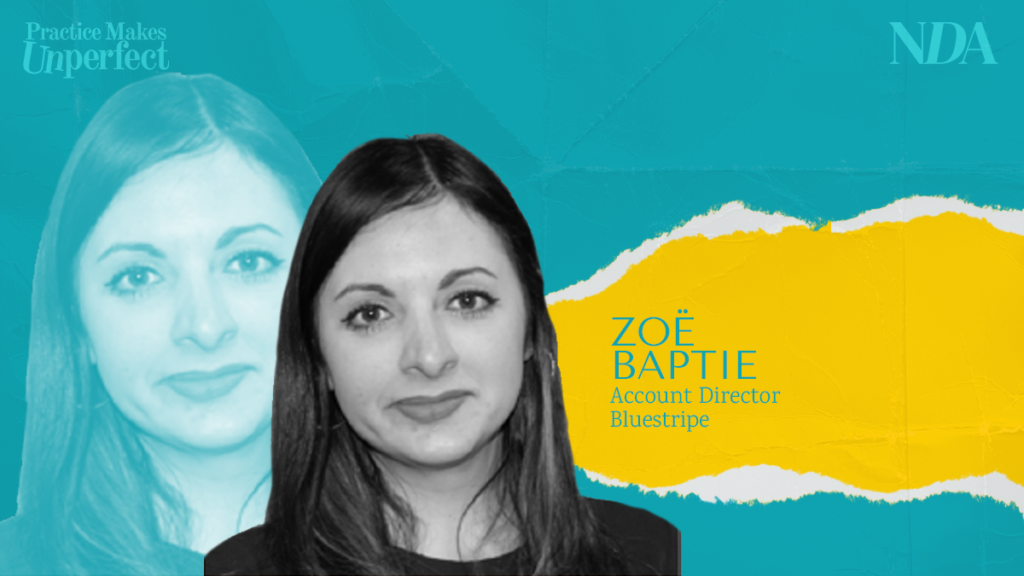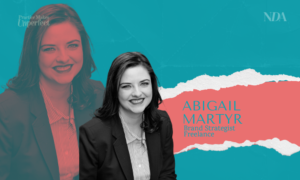By Zoe Baptie, PR Account Director at Bluestripe Group
The digital marketing industry is bursting with initiatives that celebrate emerging talent. From 30 under 30 to rising star, there are several awards which recognise the young talent which has gone above and beyond.
However, as the number of senior roles increases, less than half of all employers (46%) plan to hire young employees, particularly in the 16-24 age bracket, despite the government’s youth employment push.
Prior to the Covid-19 pandemic, the International Labour Organisation found the number of young people out of work, education or training was growing, with young women twice as likely to be affected than men. Add to this a global pandemic resulting in redundancies and furloughs, and the job market has become more fierce. As a result two-fifths of 16-24 year-olds (43%) have put their job or education plans on hold, while many of the UK’s biggest employers have delayed recruitment schemes and internships.
Apart from it now being harder for young people to prove themselves worthy of an income and independence, there’s another challenge that young professionals today face – the undercurrent of ageism in the workplace.
Ageism does not discriminate
According to research by Glassdoor, 52% of 18-34 year-olds have witnessed or experienced ageism. In fact, young adults are more likely to report ageism – or reverse ageism – at work than their older counterparts.
However, it’s been proven that having a diverse group of different ages enables teams to see issues and challenges differently. It’s important to point out that age diversity doesn’t replace or negate the importance of other forms of diversity, yet it does complement them. Appointing younger people in senior or decision-making positions can give a business a complete diversity boost, including greater gender diversity in the boardroom. According to a study by PriceWaterhouseCoopers (PwC) 31% of younger directors were more likely to be women which was higher than the average share of women (22%) among all S&P 500 directors.
Age IS just a number
Yet it’s still sadly the case that someone can be overlooked or disregarded because of how young they look – even though looks can be deceiving. Being misjudged to be younger than you actually are can be a blessing and a curse as it can lead to young professionals feeling like they aren’t being listened to or taken seriously enough, despite knowing what they are talking about.
I was once told that in a few years time ‘when I reach the age of 30’, my perception on life and my career will change. I was close to turning 32 at the time. So, yes whilst I’m blessed with looking younger than my actual age, it’s definitely stood against me and any authority I may hold in meetings. So I know what it can feel like. It’s a complete confidence knock and can leave you second-guessing your every move.
It’s ridiculous when you think about it, as experience due to age can only give so much. If someone has the right skills, the right attitude and is providing the right results why does it matter how young they are?
Balancing the scales
It’s a tricky landscape as a business could be in danger of going too far one way and leave older generations to feel discriminated against or feel like they are at risk of job displacement from younger co-workers.
Firstly, discrimination against any age – whether this is for being too young or too old – forms part of the Equality Act. This is a law that protects from unfair treatment on the basis of certain personal characteristics including; age, race, sex, gender reassignment, disability, religion or belief, sexual orientation, marriage or civil partnership, and pregnancy and maternity.
There are also organisations such as Ageism.org which provide information and education to help companies understand ageism and reverse ageism in the workplace.
But ultimately, it’s up to all of us to create an inclusive and supportive working environment. Businesses need to, and should, take a zero-tolerance stance towards any form of discrimination – no matter who it may come from or how subtle it is. As senior leaders, we should be encouraging team members of all ages to speak up, share their ideas and feel part of the conversation no matter their age, rank, job title or position in the company.
It’s as simple as showing mutual respect. But only by supporting the younger generation coming into a business and building their confidence will we see ageism die out.






